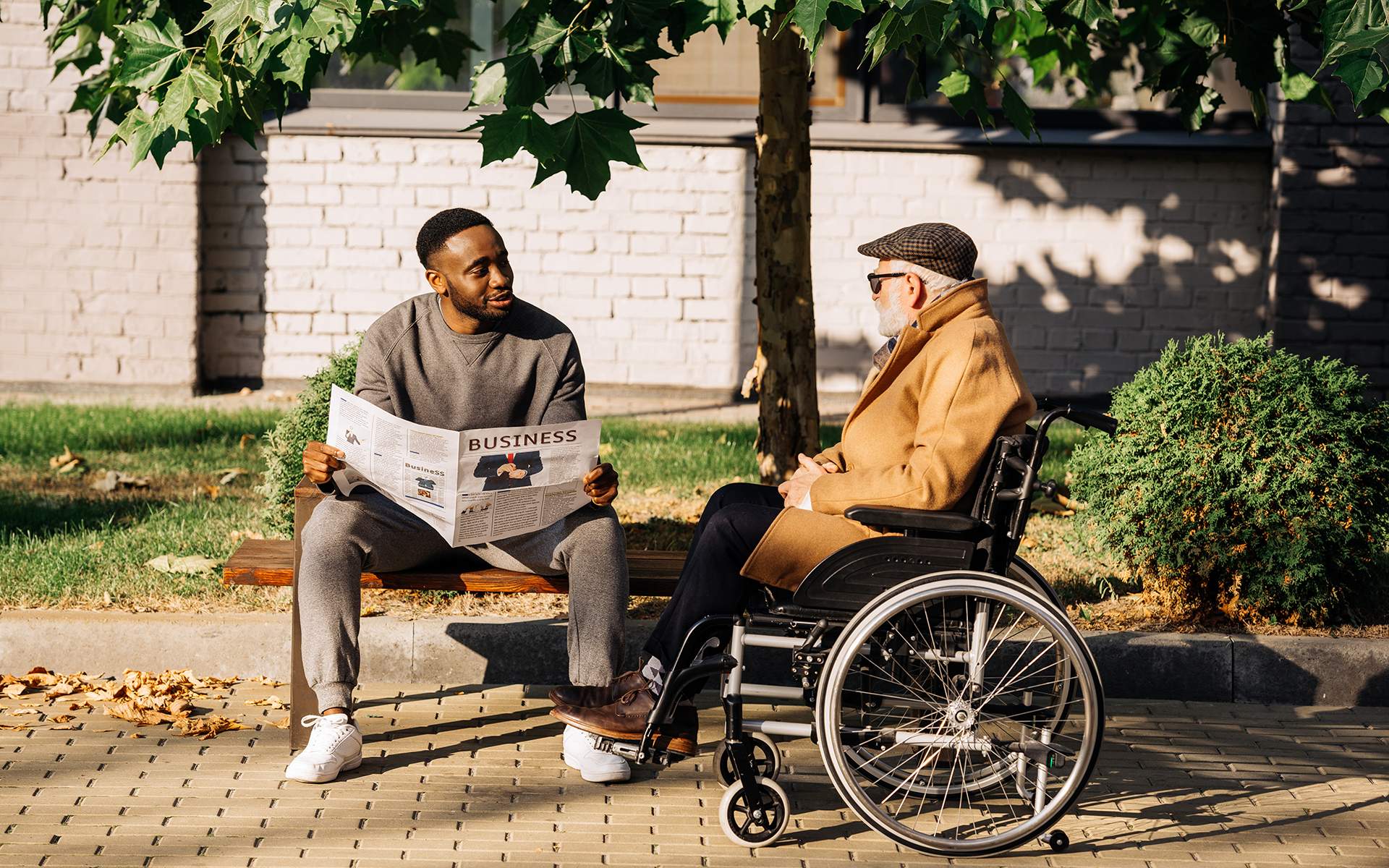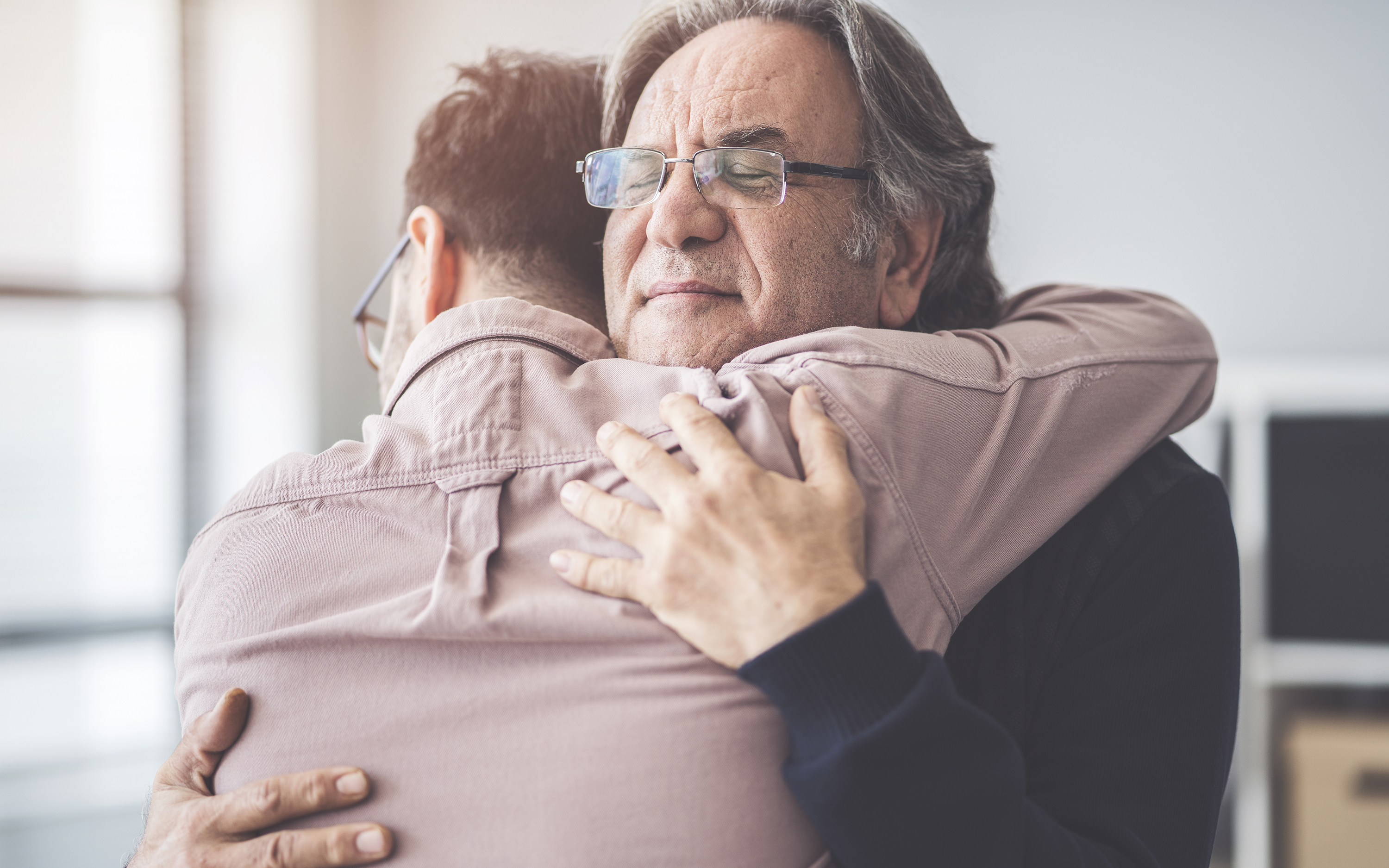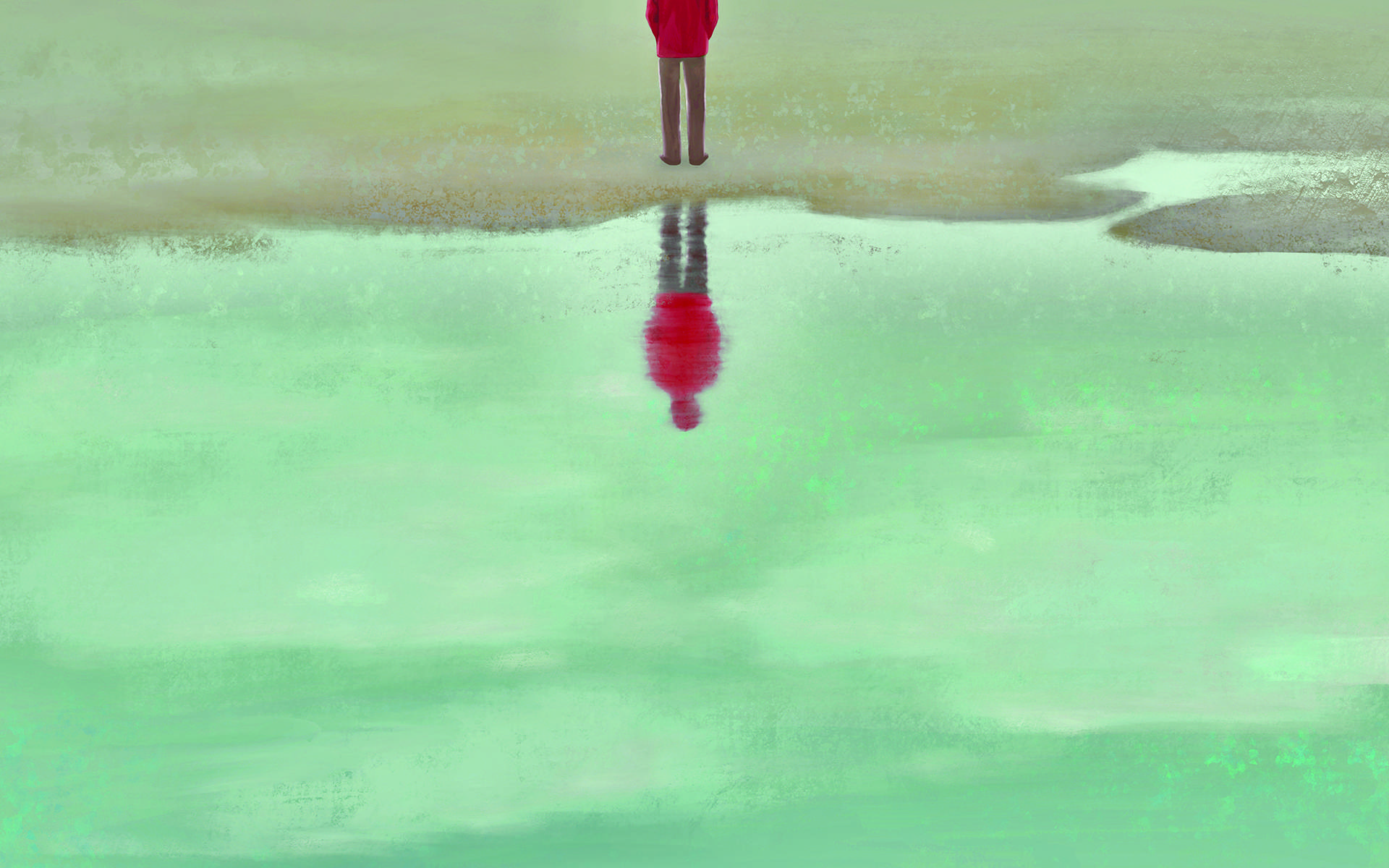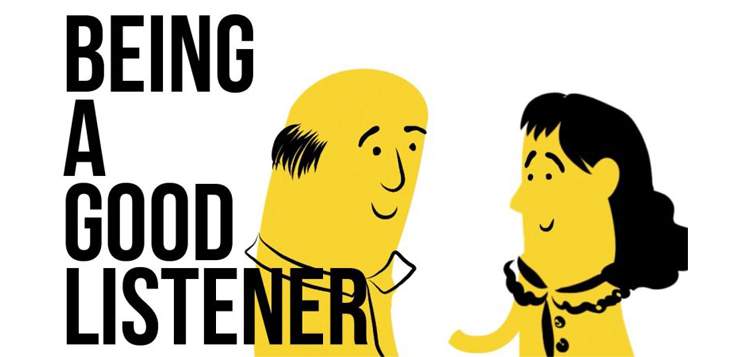My mother lived to 97, the last survivor of her generation within her family, her extended family, and her circles of friends. In her last years, her body was wracked with pain. As her pain and loss mounted, I saw how small my pains were by comparison and yet I complained as much or more. I better toughen up if I live that long, I thought.
Caring for her fell mostly to my brother and his wife, who lived nearby. I may have done as much harm as good trying to relieve their burden during my visits. Taking my mom out to lunch, I absentmindedly put her purse on the car roof before pulling off. Its contents, strewn along a highway, were fortunately recovered by a good Samaritan, but it took him a long time to figure out how to get in touch.
When it comes to extending care to others, good intentions may indeed pave the road to hell.
I learned that day just how anxious a person in advanced age can become when routine is thrown all to hell. Another time, I thought I’d do my mother a favor by buying her a toaster oven, while in fact I created another fire hazard in her apartment for my brother to be concerned about. When it comes to extending care to others, good intentions may indeed pave the road to hell. While I screwed up a lot, giving care to my mother did teach me a few things, and I’ve had to keep learning more, because it turns out that as you get older, you’re likely to be called upon to offer care for more and more people (not to mention learning to accept some care yourself). Duh.
What I’ve Learned About Giving Care
With age comes infirmity, and lots of other complications that spring from that, many of which are limitations on long-accustomed freedoms (e.g., driving, hearing conversation, a healthy appetite, a good night’s sleep, meaningful livelihood, and so on). My learning has been helped along by a number of people who know mindful caregiving, such as Frank Ostaseski, Susan Bauer-Wu, Toni Bernhard, Judy Lief, and Dr. Christiane Wolf.
When I slowed down, listened with my whole body, and attended to her fully, I noticed how much my heart was breaking and how I’d been trying to run from that.
Among the first lessons I learned was that presence takes precedent over words. I would arrive at my mother’s nursing home wrapped up in my thoughts, distracted by my important little entrepreneurial pursuits, and end up talking at my mother rather than with her. When I slowed down, listened with my whole body, and attended to her fully, I noticed how much my heart was breaking and how I’d been trying to run from that. If you’re truly present, there will be pain, and your heart will break lots.
How to Stay Present
I keep learning, though, how resilient the heart is. It can break limitlessly. I’ve learned that continually asking “How’re you doing?” or even “What can I do?” doesn’t necessarily offer real caring. It can force someone into an evaluating mindset. When you do that to yourself a lot, you become more anxious or claustrophobic, assessing rather than living. Now I rarely ask. I try finding ways to convey caring and let the other volunteer whatever it is they wish to offer or ask, to let them have more agency, rather than being the object of my caring. It’s possible to offer the gift of warm or cool space, what Frank Ostaseski calls “bringing your whole self to the experience” and finding “a place of rest in the middle of things.”
You may even be able to anticipate someone’s wants or needs by observing or gently probing, trusting in the intuitive bond that can develop. Continually touching in with your body rather than your chattering, narrative-making thought process can foster a non-verbal link that announces how much you care. Thank heaven for the many caregivers who have given so much of themselves during the pandemic. In their embodiment of genuine caring they speak loudly and poignantly by repeatedly showing up. We owe them a great debt of gratitude.
READ MORE
Mindfulness for Pain Practice: Asking For and Receiving Help
This mindfulness practice is meant to help you tame your inner critic, so you can reach out for help simply and gracefully.
Read More
A Practice for Being with the Pain of Failure
Finding our way to true accountability requires a willingness to sit with the discomfort of having caused pain, allowing true compassion to arise.
Read More
Healing in the Deep Ocean of Grief
Grief can hold our heads beneath the waves, but, as Bryan Welch writes, its tides can also open us to compassion for ourselves and others, showing us the value of a broken heart.
Read More
3 Guided Meditations to Deepen Into Loving-Kindness
Loving-kindness meditation can help us to awaken to how connected we all are. You don’t have to like everybody, or agree with everything they do—but you can open up to the possibility of caring for them.
Read More












